Indians’ paradox with Socialism - Ipsos global survey
Indian dichotomy is evident once again in our views on Socialism. According to a global survey by Ipsos, majority of Indians endorse ideals of Socialism and its benefits (free education, healthcare and basic income), without its trappings in personal freedom, political oppression and protectionism in markets.
72% Indians believe socialist ideals are of considerable value for societal progress.
Ergo, there are various aspects of socialism that are truly endorsed by Indians: 85% Indians believe that Education should be free of charge; at the same time, 9 in 10 Indians (91%) believe that free healthcare is a human right; and further, 8 in 10 Indians (83%) espouse provision of unconditional basic income for all residents.
On the flip side, there are various aspects of Socialism that do not appeal to the sensibilities of Indians – 72% Indians choose personal freedom over social justice which truly boils down to being responsible for one’s own economic wellbeing; 66% Indians find Socialism a system for political oppression, mass surveillance and state terror; and 84% Indians prefer free market competition over protectionism – another key aspect of Socialism.
“Indians have seen benefits of a buyers’ market vis-à-vis monopoly and a sellers’ market. Aspirational and competitive Indians have tasted the fruits of hard work and talent and competitive edge and personal freedom. At the same time the atrocious cost of healthcare and education and the lack of social security bothers the middle class and it expects the government to take measures to address them. Modicare insurance for the lower section of society leaves out majority of the middle class, “says Parijat Chakraborty, executive director, Public Affairs, Ipsos India.
To mark Karl Marx’s bicentenary this year (he is regarded as the father of Socialism), Ipsos Global Advisor carried out a survey in 28 countries around the world and explored the perceptions of socialist ideas in the 21st Century. The poll was carried out online among adults aged under 65 in April this year. The findings highlight interesting differences across markets – we see shades of skepticism, approval and disapproval.
To Read More Visit Here.



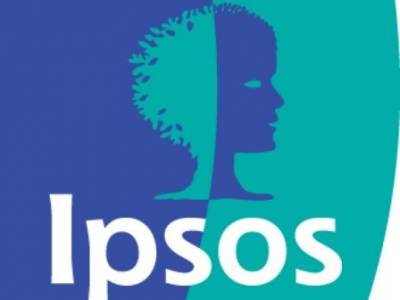

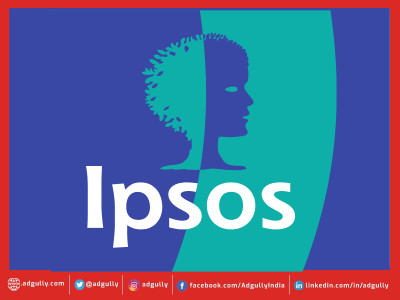

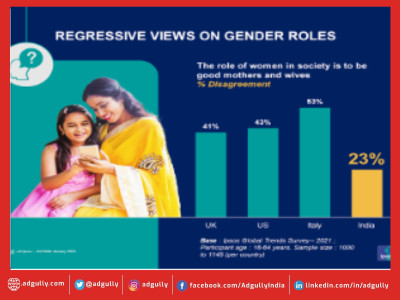



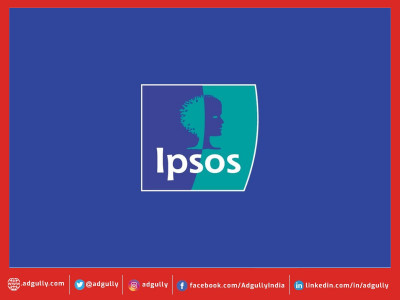

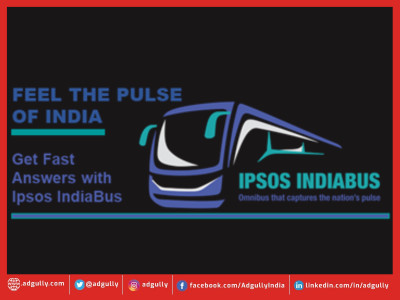


Share
Facebook
YouTube
Tweet
Twitter
LinkedIn